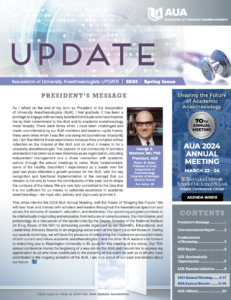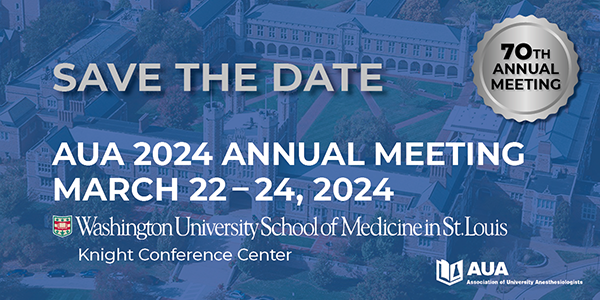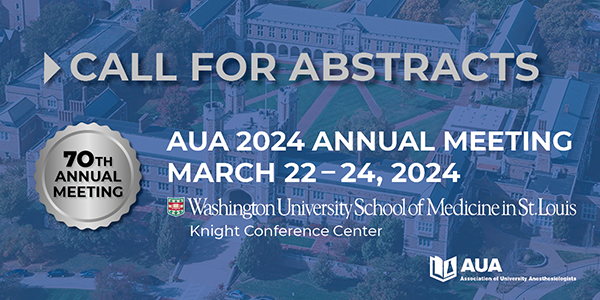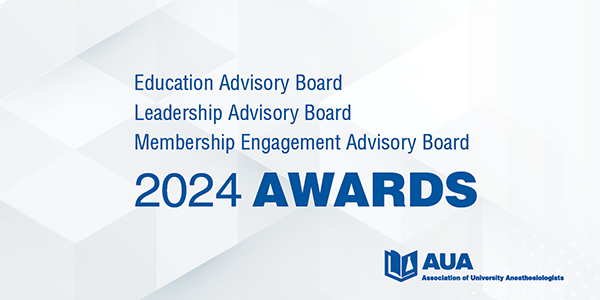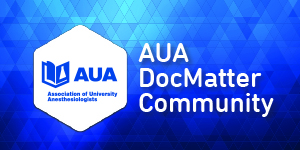Like a Phoenix: Rising from Professional Setbacks (or Rejection)
As a disclaimer, this the first non-academic piece that I have written. Academic writing is dry and formulaic, where every word is counted and given a purpose. After several years traveling down a physician-scientist pathway, I have greatly improved my ability to write according to those rules. While I was nervous about this piece, the amount of material I have for the topic itself—professional setbacks—is overflowing.
I have been rejected, or more accurately, my papers and my grants have been rejected many more times than I can count. For each paper published, on average, my paper was rejected and resubmitted two or three more times. The ratio holds true for the grants that I have been awarded. This does not consider the amount of time between rejection and resubmission. Grants are even more painstaking with the next resubmission months away, the decision of acceptance/rejection often months after that, making the rejection a loss of a year’s or more work.
So, failure is part of the process. “Setback” may not be even be the correct term as it implies a linear process. Nothing about it is linear in academic medicine. It is an “all or nothing” game that we play for the academic currency of a published paper or awarded grant. 99.9% accepted is still rejected if the decision letter says that your paper, though interesting and well-written, does not make priority to be published. A grant score of 33/100 (excellent) is still rejected if the funding line for the NIH is 32/100. Everyone has failed. Ultimately though, Winston Churchill said it best, pick yourself up: “Success is the ability to go from failure to failure without losing your enthusiasm.”
You learn along the way to write better manuscripts, and better grants; however my ability to predict acceptance or rejection remains poor. Each project that I undertake and each paper that I write feels like an extension of myself, and it’s often hard to judge them critically. Therefore, after the appropriate mourning time, I appreciate honest comments from the reviewers, who took the time and energy to give me feedback that ultimately improves my work. It is hard to accept that anything I put out is less than perfect (joke!), but after some distance I can see the value of peer review, and its commitment to make my work better.
Social media may not reflect reality. There is absolute publication bias: beaming pictures of achievement and success are repeated whereas failures are silent. Life is hard and achievements should be celebrated 10-fold, but maintain perspective that social media is skewed. When you are upset, do not go on social media. You are briefly to be upset, to vent to a trusted friend and mentor, and complain about the unfairness of the system. Give yourself grace, acknowledge your hard work and accept your disappointment. But get back in the game; wise mentors have said “do not let the sun rise and fall before resubmitting a paper.”
I was just recently rejected for a research proposal to use a perioperative outcomes database. After presenting for 30 minutes and fielding questions, experts around the nation in big data decided ultimately not to accept my proposal but to have it re-presented after revision. Listening live to the votes stung. Part of me wanted to say: “but I have a Master’s in Health Services Research, I have grant funding, this is a good project, I promise.” It is okay to accept that you are accomplished, and yet rejected. As I heard on Dr. Shillcutt’s podcast, The Brave Enough Show, “you can be a masterpiece and a work-in-progress at the same time.” The disappointment from failure may never go away. But after de-briefing, I can accept the decision. I picked myself up, set up a meeting with my team and discussed our revisions. I am confident that we will be approved for the next time, or the next time after that...like a phoenix rising.
About the author
Lisa Q. Rong, MD, MSCE, FASE, FACC is a cardiothoracic anesthesiologist, Associate Professor of Anesthesiology at Weill Cornell Medicine, and an investigator studying the impact of intraoperative anesthetic strategy and imaging on cardiac surgical outcomes. She has a Master’s Degree in Clinical Epidemiology and in Health Services Research and is currently principal investigator of a 5-year $973,000 National Institutes of Health K23 grant on the impact of coronary revascularization strategy on cardiac remodeling and outcomes in CABG (K23 HL153836).
She was previously awarded the prestigious 2- year, $250,000 Foundation for Anesthesia Education and Research (FAER) mentored research training grant on myocardial tissue-based prediction of ischemic mitral regurgitation and revascularization response.
Her research spans over 70 publications with thematic focus on imaging for various intraoperative interventions (treatment and imaging) relating to cardiac surgery and structural heart procedures.
She has been awarded the Society of Cardiovascular Anesthesiologists’ Kaplan Leadership award in 2020, appointed the British Journal of Anaesthesia (BJA) Editorial Fellow and subsequently appointed to the BJA Associate Editorial Board. She is also section editor at the Journal of Cardiothoracic and Vascular Anesthesia and associate editor of Journal of Cardiac Surgery. Her expertise in cardiac imaging has been recognized as being awarded the prestigious designation as a Fellow in the American Society of Echocardiography and the Fellow in the American College of Cardiology. She is part of the SCA, ASA, AHA, ASE, and is AUA associate board member.
1K23 HL153836
Rong (PI), Role: Principal Investigator
6/01/2021-6/01/2026
Impact of surgical revascularization strategy on left ventricular function, myocardial perfusion and clinical outcomes in CABG
MTRG-CT-08-15-2018
Foundation for Anesthesia Education and Research
Rong (PI), Role: Principal Investigator
01/01/19-05/31/21
Myocardial Tissue Based Prediction of Ischemic MR Revascularization Response

